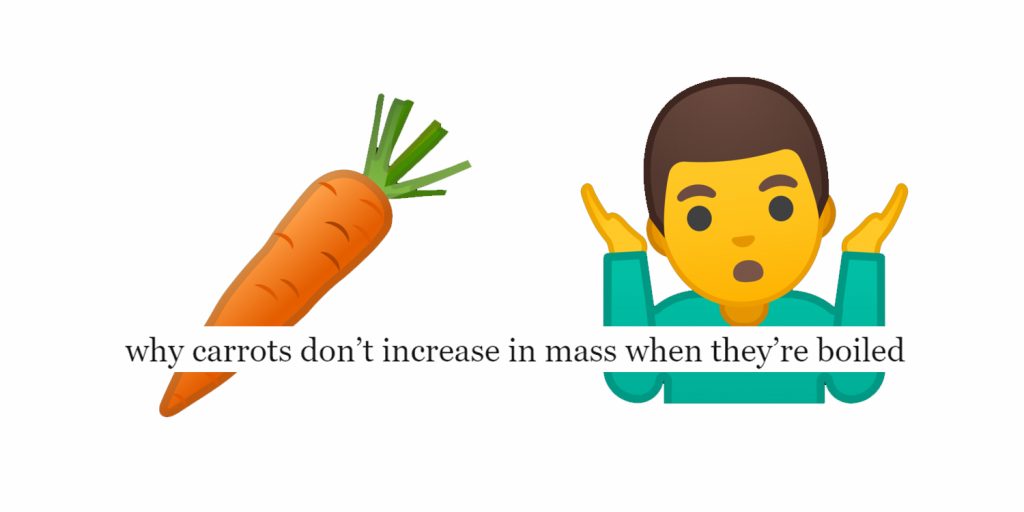Biology Question About Osmosis Stumped British Students Last week, MustShareNews reported that harder A-Levels had stumped British students. Results Decline After UK Makes A-Levels Harder To Meet Asian Standards It turns out that harder GCSE exams at the end-of-secondary school have shaken students just as much. The GCSE exams are the British equivalent of the O-Level papers, which Secondary 4 and 5 students sit for here. In May, students emerged from their GCSE Biology paper, stumped by one question in particular. “Why don’t carrots increase in mass when they’re boiled?” Of carrots and potatoes In case you’re confused, here’s a clue: it’s related to osmosis. Osmosis refers to the process of water passing through a semi-permeable membrane from a less concentrated solution to a more concentrated solution. This equalises the concentrations of solute. The theory is popularly tested in Singapore exams as well, but here, we use potatoes instead of carrots as an example. That used to be the case in Britain as well, according to this netizen: Source But simply changing the vegetable in question and having it cooked threw plenty of students off. https://twitter.com/faye_ush/status/996392785149333506?ref_src=twsrc%5Etfw&ref_url=https%3A%2F%2Fwww.huffingtonpost.co.uk%2Fentry%2Faqa-biology-gcse-exam_uk_5afbde03e4b06a3fb50bd98d Roses are redBiology is lameWhy do boiled carrotsmass stay the same? #aqabiology — ailsa […]
8 years ago

